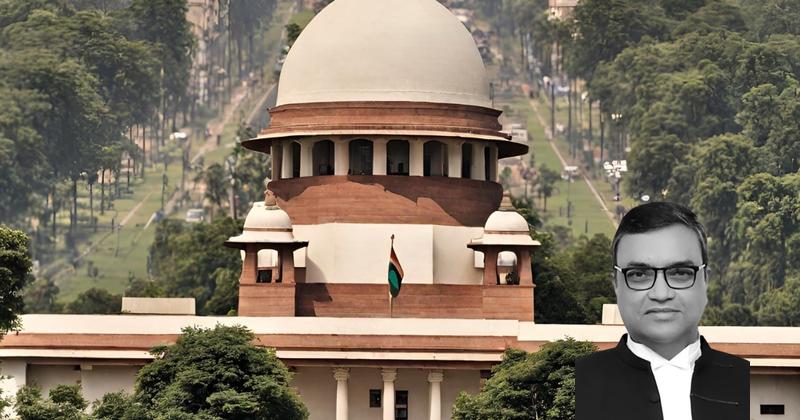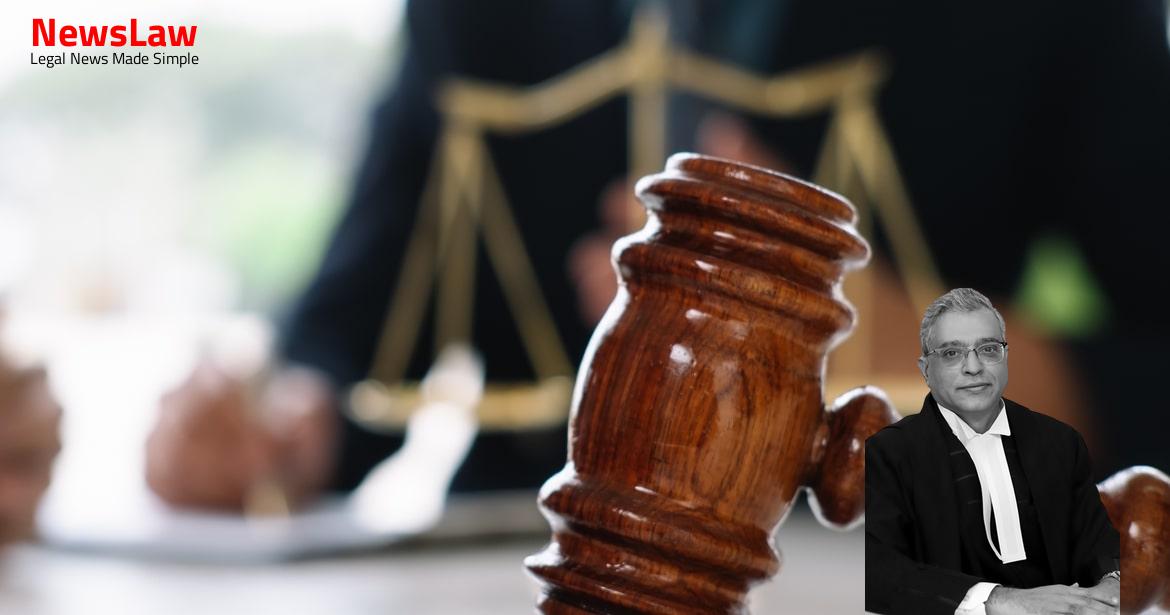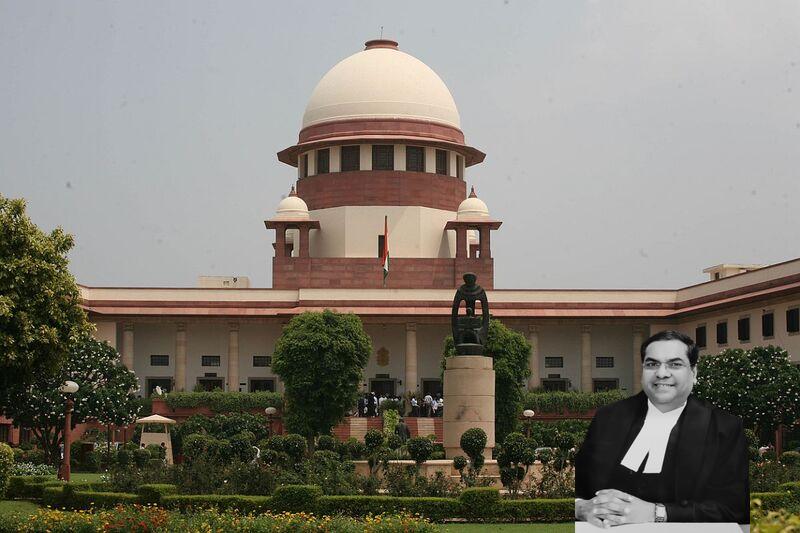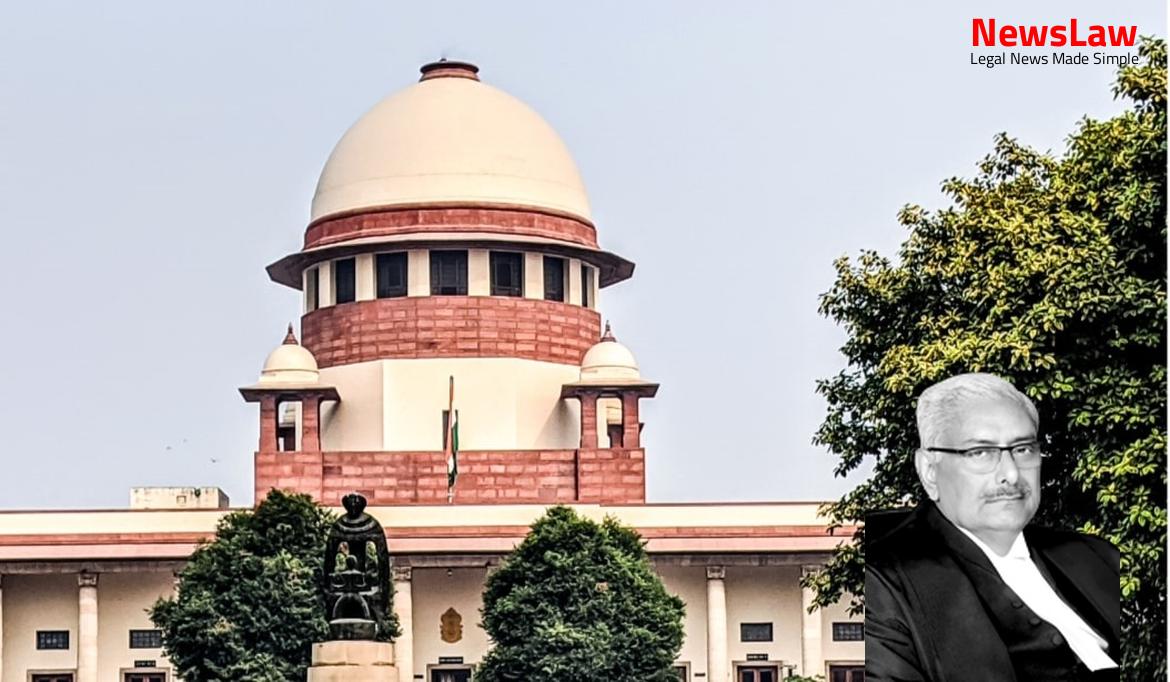Colony, Shakarpur, Delhi and for mesne profits on the averment that he is the owner of the said property by virtue of an agreement to sell dated 10.04.2002, power of attorney, a memo of possession and a receipt of payment of sale consideration as well as a “will” of the defendant- appellant bequeathing the said property in his favour; the possession of the suit premises was handed over to the plaintiff-respondent pursuant to the agreement to sell subsequently on the request of the defendant-appellant the plaintiff-respondent allowed the defendant-appellant to occupy the ground floor and one room on the first floor of it for a period of 3 months as a licencee; the defendant- appellant failed to vacate the suit premises despite expiry of the licence period and termination of licence vide notice dated 18.02.2003. The trial court after framing three issues; the first being with regard to manipulation and fraudulently obtaining the alleged documents, the second regarding the right of the plaintiff-respondent to get the defendant-appellant evicted and the third with regard to entitlement of mesne profits, decided all the issues against the defendant-appellant. The leave was granted and the appeal was admitted probably on the question as to whether the above documents namely the power of attorney, the will, the agreement to sell coupled with possession memo and the receipt of payment of sale consideration would confer any title upon the plaintiff-respondent so as to entitle him to a decree of eviction and mesne profits.
The entry of the defendant-appellant over part of the suit property subsequently is simply as a licencee of the plaintiff- respondent.
At the cost of repetition, the suit is for eviction of the defendant-appellant from the suit premises and for recovery of mesne profits on the ground that after the defendant- appellant has parted with the possession of the property in favour of the plaintiff-respondent in part performance of the agreement, he has no right to disturb his possession.
In connection with the general power of attorney and the will so executed, the practice, if any, prevalent in any State or the High Court recognizing these documents to be documents of title or documents conferring right in any immovable property is in violation of the statutory law.
Also Read: https://newslaw.in/supreme-court/appellant-convicted-for-culpable-homicide-not-amounting-to-murder/
In this regard, reference may be had to two other decisions of the Delhi High Court in Imtiaz Ali Vs.
Delhi Development Authority which inter-alia observe that an agreement to sell or the power of attorney are not documents of transfer and as such the right title and interest of an immovable property do not stand transferred by mere execution of the same unless any document as contemplated under Section 54 of the Transfer of Property Act, 1882, is executed and is got registered under Section 17 of the Indian Registration Act, 1908.
Notwithstanding the above as the plaintiff-respondent admittedly was settled with possessory title in part performance of the agreement to sell dated 10.04.2002 and that the defendant-appellant has lost his possession over it and had acquired the right of possession under a licence simpliciter, exhausted his right to continue in possession after the licence has been determined.
Also Read: https://newslaw.in/supreme-court/ownership-dispute-commissioners-order-and-revenue-documents/
Accordingly, the appeals lack merit and are dismissed with no order as to costs.
Case Title: GHANSHYAM Vs. YOGENDRA RATHI (2023 INSC 575)
Case Number: C.A. No.-007527-007528 / 2012



